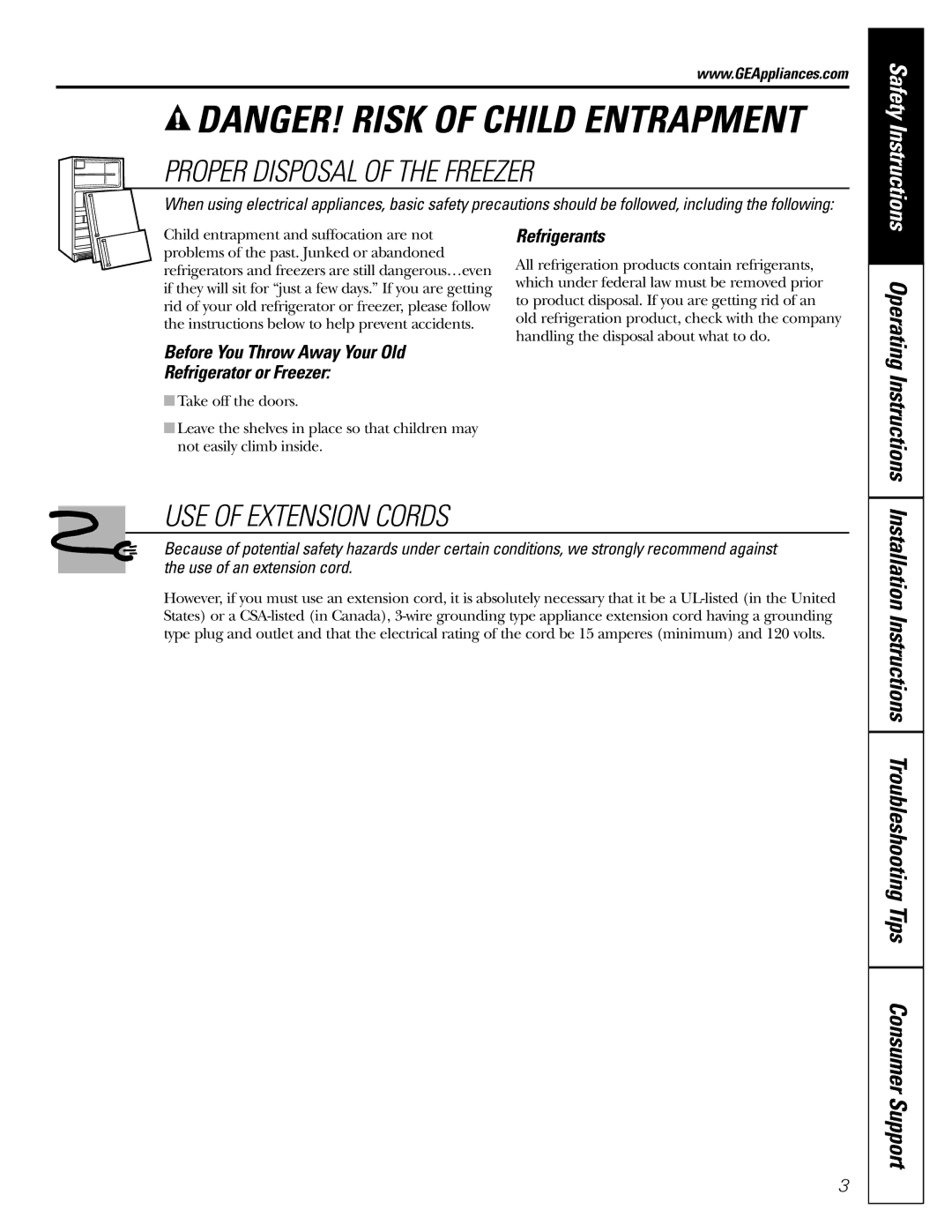FCM 7 specifications
The General Electric (GE) FCM 7 is a state-of-the-art gas turbine designed for high efficiency and reliability in industrial applications. As part of GE's portfolio of advanced power generation technologies, the FCM 7 represents a significant leap forward in turbine design and operation.One of the most notable features of the FCM 7 is its advanced aerodynamics. The turbine is engineered with optimized blade shapes that enhance airflow and reduce drag, leading to improved overall performance. This aerodynamic efficiency allows the turbine to achieve a higher thermal efficiency compared to previous models, enabling operators to produce more power using less fuel.
In addition to its aerodynamic design, the FCM 7 incorporates cutting-edge materials technology. The blades and other critical components are constructed from high-temperature superalloys that withstand extreme operating conditions. This material innovation not only increases the turbine’s durability but also extends maintenance intervals, contributing to lower overall operational costs.
The FCM 7 also integrates advanced digital technologies. GE has equipped the turbine with real-time monitoring and predictive maintenance capabilities that utilize data analytics. This allows operators to gain insights into the turbine's performance and condition, making it possible to identify potential issues before they escalate into serious problems. Such predictive capabilities enhance operational reliability and reduce unplanned downtime.
Emissions control is another critical aspect of the FCM 7. The turbine is designed to operate with low nitrogen oxide (NOx) emissions, making it an environmentally friendly choice for power generation. By employing advanced combustion systems, the FCM 7 meets stringent regulatory standards while still delivering robust performance.
Moreover, the FCM 7 is compatible with renewable energy sources, reflecting the industry's shift towards a more sustainable energy mix. It can operate efficiently in combined cycle configurations, making it suitable for both baseload and peak load generation. This flexibility makes the FCM 7 an attractive option for power producers looking to adapt to changing market demands.
In conclusion, the GE FCM 7 gas turbine stands out as a leader in power generation technology. With its advanced aerodynamics, durable materials, digital monitoring capabilities, low emissions, and compatibility with renewable energy, the FCM 7 is designed to meet the challenges of modern energy demands. As industries continue to prioritize efficiency and sustainability, the FCM 7 positions itself as a reliable solution for a brighter energy future.

